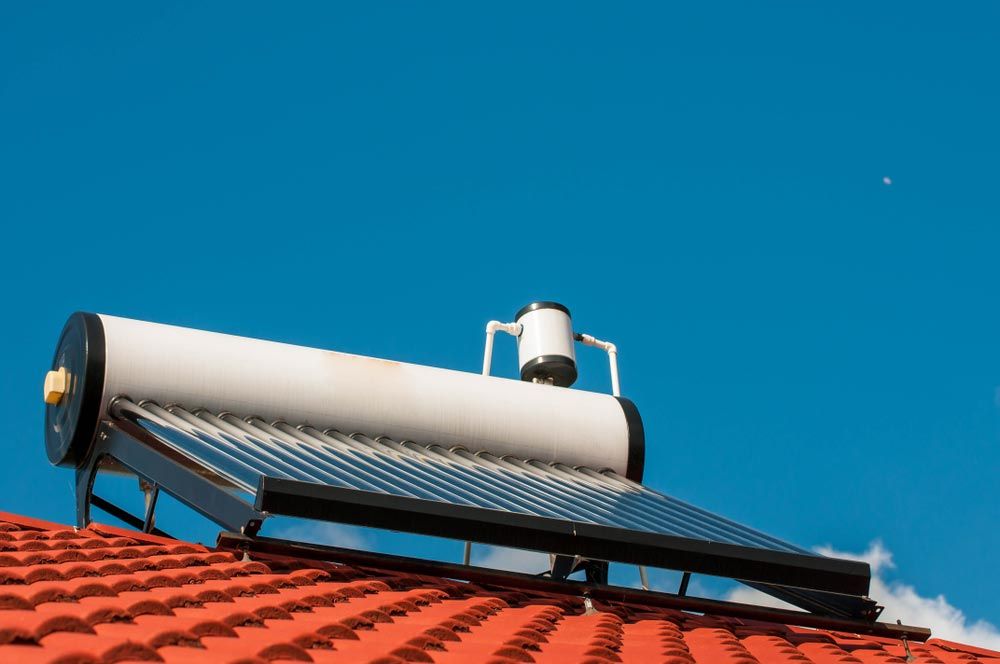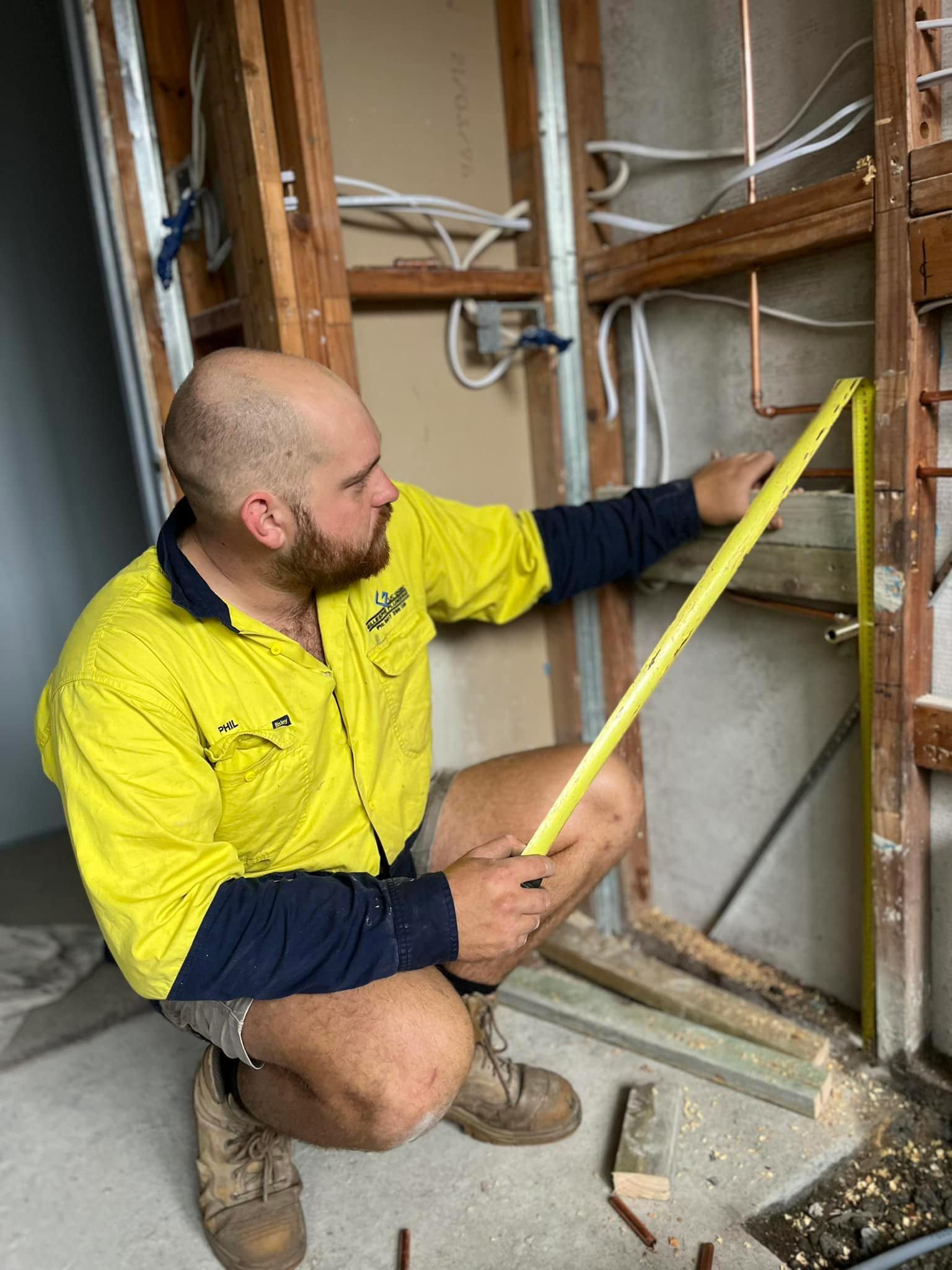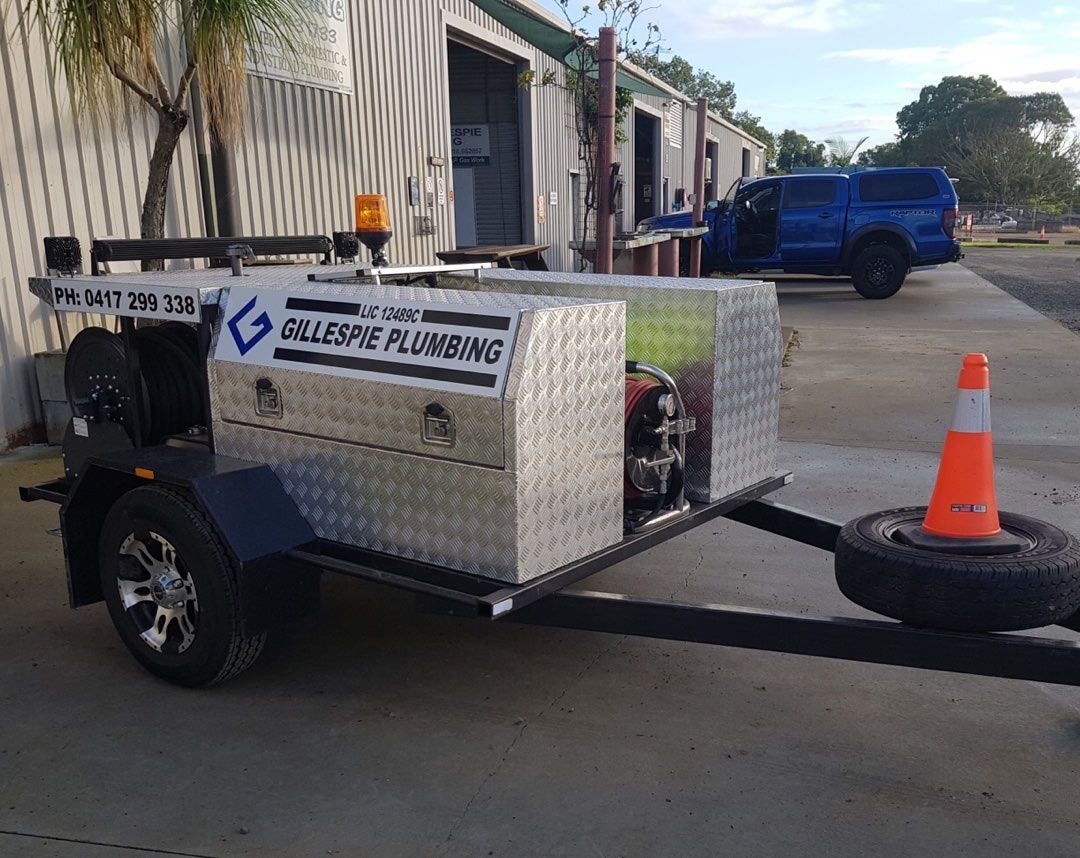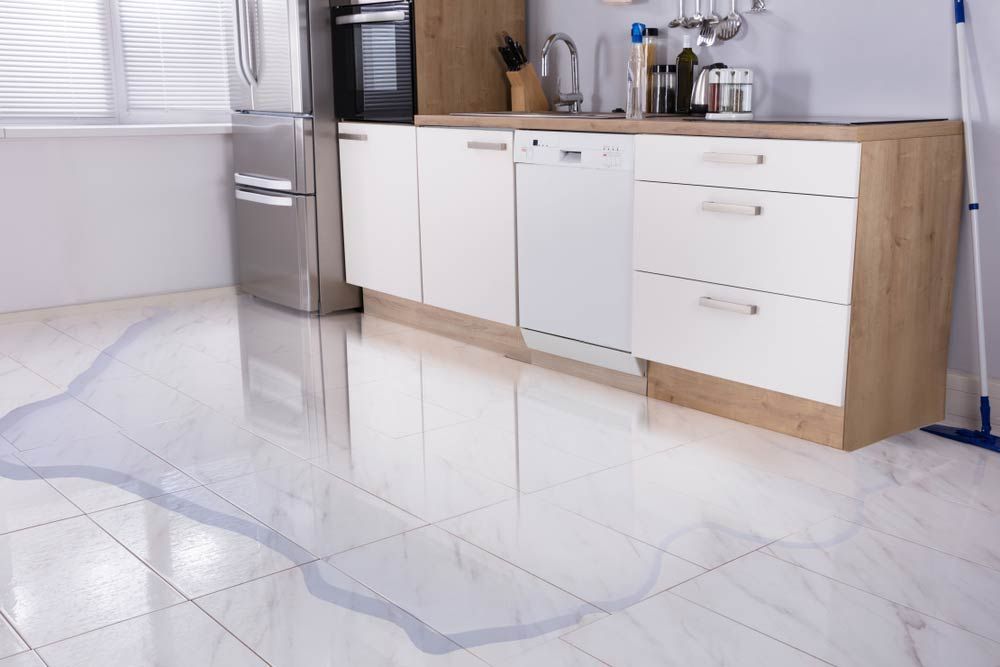What Size Hot Water System Do I Need?
The capacity of a
hot water system can vary greatly depending on the type and size of the household as well as the number of people living there. This blog will help you find out what size hot water system you might need.
What Size Hot Water System Do I Need?
As a general rule, you should choose a
hot water system that can supply at least 20 litres per minute (L/min) of hot water per person. This means that if there are four people in the house, you would need at least 80L/min (80 x 4 = 320) or 320 litres per minute.
This obviously varies if there are more people in your household and if the ratio of adults to children is different. The amount of water used can also have an impact; for example, if members of your family take long or short showers, if you have a dishwasher or washing machine that uses a lot of water or if people prefer to take more baths than showers.
Below is a size guide for electric, gas and solar
hot water systems to help you make the right choice for your household.
Hot Water Size Guide
These guides are a rough estimate based on how much
hot water storage might be needed for different households.
Electric Hot Water Size Guide
Electric storage
hot water connected to an off-peak tariff (for example 10 pm to 7 am)
| Household size | Hot water system size |
|---|---|
| 1-3 people | 250 litres |
| 3-5 people | 315 litres |
| 5-8 people | 400 litres |
Electric storage hot water connected to an economy shoulder tariff
| Household size | Hot water system size |
|---|---|
| 1-3 people | 125 litres |
| 3-5 people | 160 litres |
| 4-6 people | 250 litres |
| 6-8 people | 315 litre |
Electric storage hot water connected to peak supply tariff
| Household size | Hot water system size |
|---|---|
| 1 person | 25 litres |
| 1-2 people | 50 litres |
| 2-3 people | 80 litres |
| 3-5 people | 125 litre |
Gas Hot Water Size Guide
Gas storage hot water system using either natural gas or LPG
| Household size | Hot water heater size |
|---|---|
| 1-3 people | 90 litres |
| 2-4 people | 130 litres |
| 3-5 people | 170 litres |
| 4-6 people | 200 litre |
Gas hot water systems will either use natural gas or LPG. These systems are slightly different to electric hot water systems as they work on the number of outlets being used at the same time.
| Number of outlets | Instant hot water |
|---|---|
| 1 | 16 litres |
| 2 | 20 litres |
| 2-3 | 24 litres |
| 3 or more | 32 litre |
Solar Hot Water Size Guide
These systems only heat water during the day, so they have to be used in conjunction with electric or gas systems for high-demand times or overcast days.
| Household size | Hot water heater size |
|---|---|
| 1-2 people | 180 litres |
| 3-4 people | 300 litres |
| 5-6 people | 440 litres |
Heat Pump Hot Water Size Guide
This is the most energy-efficient way of heating water regardless of the tariff.
| Less than 200 litres | 200-300 litres | 300 litres + |
|---|---|---|
| Apartment/small house | Average sized house | Large house |
| 1-2 bedrooms and 1 bathroom | 3 bedrooms and 1 bathroom | 4 or more bedrooms and 2 or more bathrooms |
| Maximum 2 people | Maximum 3 people | Minimum 4 people |
When you are considering what size of the
hot water system is needed for your house, it's important to think about how much hot water will be used by all the occupants. If you have a large family or share your home with other people, then you may need an extra-large capacity system. Alternatively, if there are just two of you and no kids, a smaller system might be more suitable.
Factors You Need To Consider When Researching The Right Size Hot Water System
Capacity
The capacity of a hot water system refers to the amount of water it can hold at any given time. This is important to consider because you need to make sure that the system can meet the demands of your household. If you have a large family or if you frequently entertain guests, you will need a system with a higher capacity.
Recovery Rate
This refers to the amount of time it takes for the system to heat up after it has been emptied. If you have a high demand for hot water, you will need a system with a fast recovery rate. In addition, you need to consider the peak demand. This is the maximum amount of hot water you will need at any given time. For example, if you have a large family and often use multiple appliances that require hot water simultaneously, you will need a system with a higher peak demand.
Water Flow Rate
This measures how much water can flow through the system in a minute, and is typically expressed in litres per minute (L/min). A higher flow rate means that more water can be heated in a shorter period of time, which is ideal for busy households. It also allows for multiple taps to be used at the same time without reducing the flow of hot water. In contrast, a lower flow rate can lead to reduced water pressure and longer wait times for hot water.
Temperature Rise
One of the most important factors to consider when choosing a hot water system is the rise in temperature. This is because the rise dictates how much heat is required to bring the water up to the desired temperature. For example, a system with a rise of 25 degrees celsius will require less heat than one with a rise of 30 degrees.
Climate
In areas with mild winters and warm summers, a solar hot water system may be the best option. Solar systems rely on sunlight to heat water, so they are most effective in sunny climates. In cooler climates, however, solar systems may not be able to provide enough hot water during the winter months. For this reason, a gas or electric system may be a better choice.
Budget
There are a variety of factors that will affect the overall cost including the size and efficiency of the system, whether you choose gas or electric, and whether you install it yourself or hire a professional. By taking the time to create a budget upfront, you can avoid costly surprises down the road and be more likely to choose a system that fits both your needs and your wallet.
How Do You Size A Hot Water System?
One of the most important considerations when sizing a hot water system is the peak demand. This is the amount of hot water that will be used during the busiest time of day. For example, if you have a family of four who all take showers in the morning, your peak demand will be higher than if everyone takes showers at night. Other factors to consider include:
- Storage: If you have a large family or entertain often, you'll need a system that can provide a steady supply of hot water. Tankless systems are a great option for families who use a lot of hot water, as they provide an endless supply. However, these systems can be expensive and may not be necessary if you only use hot water occasionally. If you live in a small home or have a low demand for hot water, a compact system may be all you need.
- Solar: Solar hot water systems rely on sunlight to heat water, so it is important to make sure that the system will be in a location where it will receive plenty of sunlight. Another important factor is the climate. In colder climates, solar hot water systems may need to be larger in order to provide enough hot water. Finally, it is also important to consider the number of people who will be using the system.
- Instant: Failure to properly account for the instant flow rate can result in a hot water system that cannot meet the demands of its users. As a result, it is important to consult with an expert to ensure that the system can meet the needs of the application. only by taking into account the peak demand can you be sure that the hot water system will be able to provide the desired level of service.
Why Choosing The Right Size Hot Water System Is Important
Choosing the right size hot water system is important for a number of reasons. Firstly, it will ensure that you have enough hot water to meet your needs. Secondly, it will help to reduce your energy costs. And finally, it will help to prolong the life of your hot water system.
If you choose a system that is too small, you may find yourself running out of hot water. Alternatively, if you choose a system that is too large, you will be wasting energy and money. To find the right size system for your home, you will need to take into account the number of people in your household and your typical hot water usage.
Once you have this information, you can speak to a qualified installer who will be able to advise you on the best option for your needs.
Final Thoughts On Choosing The Right Sized Hot Water System For Your Needs
Now that you have a better understanding of the different types of hot water systems and the factors you need to consider when choosing one, it's time to make a decision. The most important thing is to choose a system that is the right size for your needs.
If you have a small household, you won't need as much hot water as someone with a large family. You should also consider how often you use hot water and whether you need it on demand. If you live in a warm climate, you may not need as much hot water as someone who lives in a cold climate.
Once you've taken all of these factors into account, you'll be able to choose the right-sized hot water system for your needs.
If you live if Grafton or the Clarence Valley and want to learn more about which hot water system is best for you, call our gas fitters today on 02 6643 1733 to speak to a member of our friendly team!
Contact Us
Site Links
What We Do
Trading Hours
- Monday
- -
- Tuesday
- -
- Wednesday
- -
- Thursday
- -
- Friday
- -
- Saturday
- Closed
- Sunday
- Closed









